On June 23, 2020, the IRS published Notice 2020-51 which provides additional guidance related to Section 2203 of the CARES Act which waived Required Minimum Distributions for 2020 for certain plans and IRAs. For our previous coverage of Section 2203, see Coronavirus Relief Part III - RMD Waivers. The notice also provides an update on the RMD changes made by the SECURE Act.
Deadline Extended
The CARES Act was signed into law on March 27, 2020, and effective on that date, there were no more RMDs for 2020 (for participants in defined contribution plans and holders of IRAs). This was a great relief for anyone who had not yet taken their 2020 RMD, as they would no longer be required to take a distribution during the volatile market environment. However, many individuals who were subject to 2020 RMDs might have already taken their distributions prior to the enactment of the CARES Act.
Once the CARES Act became law, any distribution taken between January 1, 2020 and March 27, 2020 which had been classified as an RMD was now considered an eligible rollover distribution. Generally, an eligible rollover distribution which is not directly rolled over may still be paid to an IRA or to the trustee of an eligible retirement plan and be excluded from income, as long as the payment happens within 60 days of the distribution. Individuals who received RMDs in February or March 2020 would still have had some time after the enactment of the CARES Act to take advantage of this 60-day rollover period. However, those who took their RMDs in January 2020 would have missed the window to pay back their RMD.
Notice 2020-51 provides relief. The IRS officially extended the 60-day rollover window to August 31, 2020, to roll over any RMD payment (other than from a defined benefit plan) made in 2020 to an eligible retirement plan or IRA. Thanks to this relief, participants who took an RMD at any time in 2020 now have until August 31, 2020 to repay the amount of their RMD and exclude it from income in 2020.
Exception to One-Rollover-per-Year-Rule
Ordinarily, the holder of an IRA is not permitted to make more than one rollover contribution in any 12-month period. Notice 2020-51 provides an exception to this rule with respect to the re-contribution of amounts which were distributed as RMDs as described in the previous section. Therefore, an amount which was distributed as an RMD during 2020 may be repaid to an IRA at any time up through August 31, 2020, regardless of whether the account holder has made (or will make) another rollover contribution within a year.
Plans not Required to Treat 2020 RMDs as Eligible for Rollover
The SECURE Act increased the age at which RMDs must begin from 70½ to 72, effective for individuals attaining age 70½ in 2020 or later. However since the SECURE Act was passed very late in 2019, it did not give much time for recordkeepers and other service providers to update their systems and procedures before the new rule took effect. As a result, some distributions may have been paid out during 2020 and treated as RMDs, even if they were no longer actually RMDs.
A distribution which is not an RMD is generally eligible for rollover. The administrator of a plan which makes an eligible rollover distribution must comply with certain requirements, including providing a special tax notice to the participant, and withholding 20% for federal income tax purposes.
If a distribution was made during 2020 and was treated as an RMD by the payor, but after the application of the SECURE Act and/or the CARES Act, it would no longer be an RMD, and therefore could be an eligible rollover distribution. However the plan would have failed to comply with the notice and withholding requirements by treating the distribution as an RMD.
Notice 2020-51 provides relief, by allowing payors to treat distributions, which would have been RMDs for 2020 if not for the provisions of the SECURE Act and the CARES Act, as if they were not eligible rollover distributions, with respect to the notice and withholding requirements.
If you have any questions about your RMD obligations for 2020 or beyond, please contact us.
